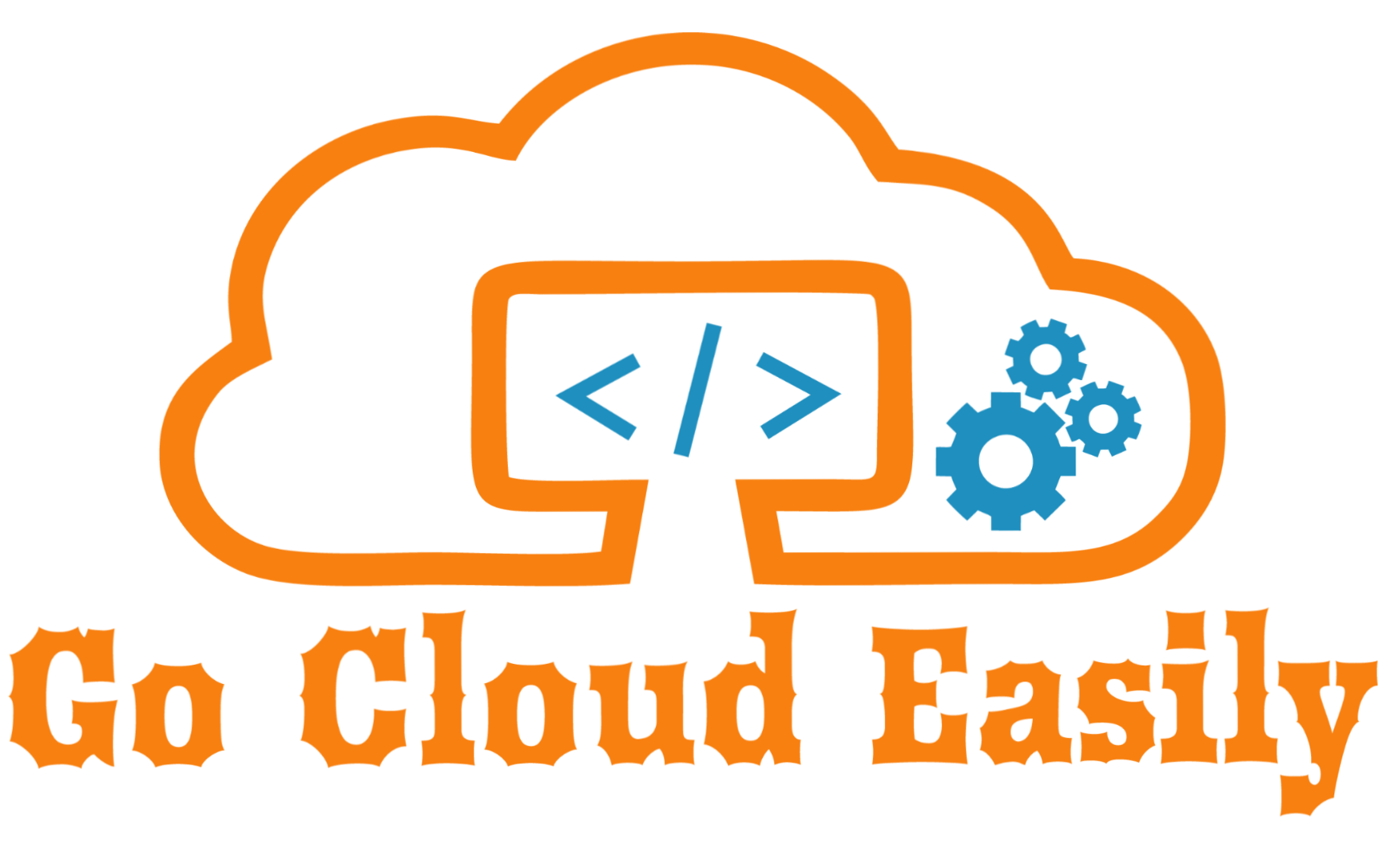AZ-900 (Microsoft Azure Fundamentals) Study Guide
Section 1: Introduction & Cloud Concepts
- Introduction to AZ-900 & Study Guide Overview
- Understanding Cloud Computing
- Cloud Deployment Models
Section 2: Core Azure Services
- Overview of Azure Architecture
- Azure Compute Services
- Azure Storage Services
- Azure Database Services
- Azure Networking Fundamentals
Section 3: Core Solutions and Management Tools on Azure
- Azure Portal, CLI, and PowerShell
- Azure Resource Manager (ARM) and Management Groups
- Monitoring and Diagnostics in Azure
Section 4: General Security and Network Security Features
- Fundamentals of Azure Security
- Azure Network Security
- Advanced Security Tools
Section 5: Identity, Governance, Privacy, and Compliance
- Azure Active Directory (Azure AD) Essentials
- Role-Based Access Control (RBAC) and Identity Management
- Azure Governance and Policy Management
- Privacy and Compliance in Azure
Section 6: Azure Pricing, SLA, and Lifecycle
- Understanding Azure Pricing
- Service Level Agreements (SLAs) in Azure
Post Views: 1,627
